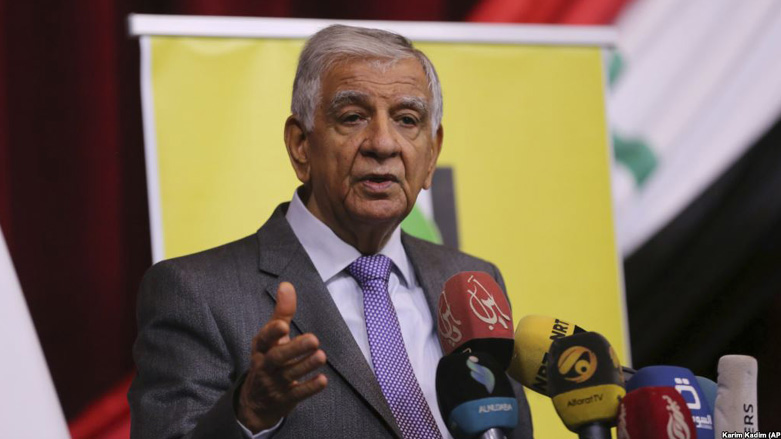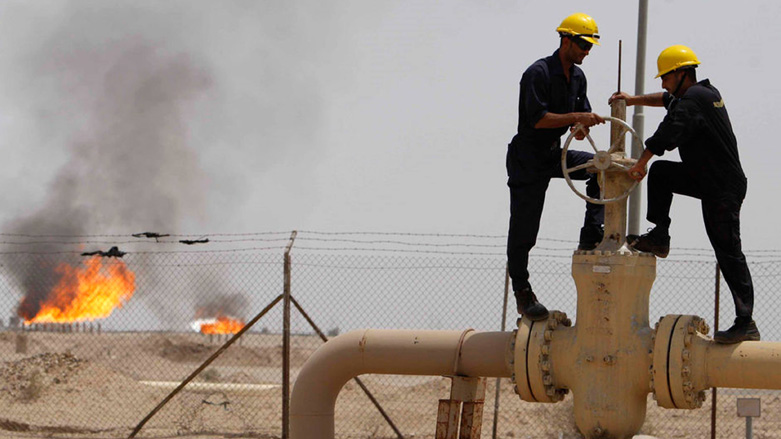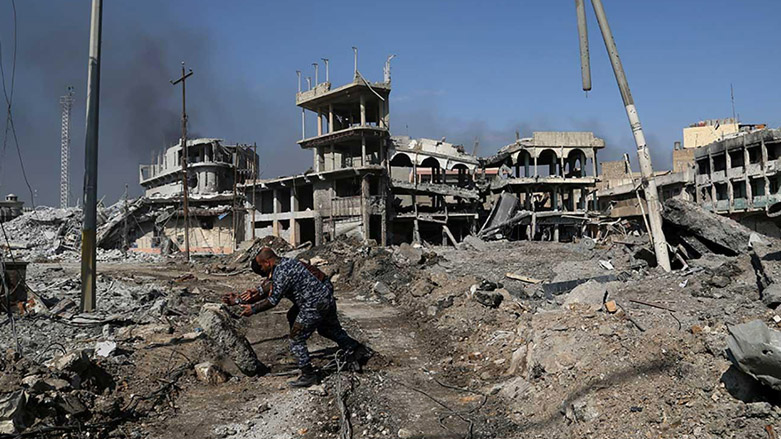Baghdad asks BP for study on Kirkuk oil field development

ERBIL, Kurdistan Region (Kurdistan 24) – The Iraqi Federal Government has asked British giant BP Energy to help boost production in oil fields in Kirkuk – which are now under the control of Baghdad as a result of the Oct. 16 attack and takeover by Iraqi forces – according to Oil Minister Jabbar al-Luaibi.
The Minister revealed he had asked BP to analyze the capacity of oil fields in the disputed province to increase production as the company head gears up to visit Kirkuk.
“I suggested they study my proposal and I am awaiting their reply,” Luaibi told AFP.
BP is the biggest foreign player in the energy sector of Iraq, operating in the Rumaila field in the south and producing 1.5 million barrels per day (bpd).
The Oil Ministry and BP signed a consultancy deal in 2014 for the company to explore reserves in the fields of Baba Gurgur and Havana in Kirkuk. The agreement also factored in ways to develop the oil fields.
The Iraqi government, however, abandoned the oil fields after Iraqi forces retreated from the area and failed to defend the province following the emergence of the Islamic State (IS). The deal could not implemented at the time.
“Because of IS, it was frozen,” Luaibi said.
Since 2014, Kirkuk was under the protection of the Kurdish Peshmerga forces until the Oct. 16 attack last year led by Iraqi troops and Iranian-backed Shia Hashd al-Shaabi militias.
The Iraqi Minister noted that Baghdad signed a new memorandum with BP in January following the recapture of Kirkuk Province.
Baba Gurgur was discovered in 1927 and is Iraq’s oldest oil field. Iraqi troops seized it in October along with Bai Hassan, Havana, Jambu, and Khabbaza.
The five oil fields have a total production of 470,000 bpd, but the output and export of oil have slowed over the past few years as the main pipeline linking to Turkey’s Ceyhan port was damaged and requires major repairs.
Luaibi mentioned that a new 350-kilometer oil pipeline would be able to ship over one million bpd from Kirkuk to Turkey, and claimed it would be completed in a year.
Baghdad will also export up to 60,000 bpd via trucks to refineries in Iran’s Kermanshah (Kermanshan) province, the minister added.
“We will supply those refineries and (receive) the equivalent quantities in our southern port” of Basra, he said.
Luaibi said talks were underway with Kurdish authorities to pump Kirkuk oil via a pipeline through the autonomous Kurdistan Region to Turkey.
“We hope to succeed. We have reached a sort of understanding so far,” the minister said.
Editing by Nadia Riva


